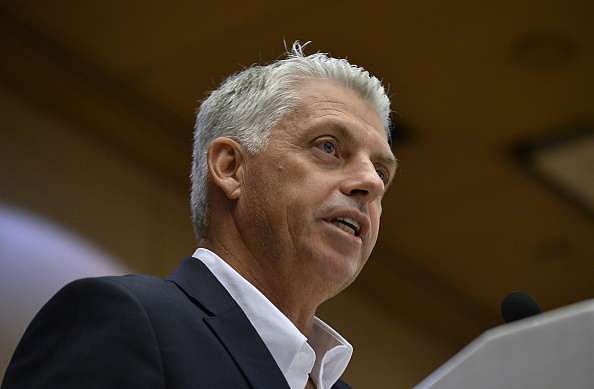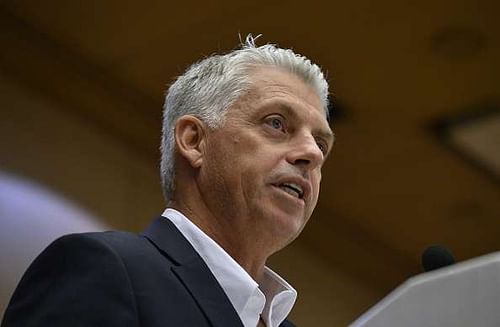
ICC to conduct random dope tests in the upcoming T20 World Cup
ICC World T20 tournament organisers have clearly said that they will carry out random dope tests during the mega-event. The announcement was made after the world woke up to the tennis star Maria Sharapova’s shock revelation.
Also read: ICC T20 World Cup 2016 tickets: How to book tickets online
The world of sports has witnessed many scandalous doping incidents over the years. The recent being the case of tennis’ poster-girl Maria Sharapova, who admitted to being tested positive for the recently banned drug meldonium at the Australian Open.
Cricket too has seen such controversial doping sagas. The biggest of them is definitely the case of Australian spin legend Shane Warne. The spin wizard tested positive for a banned drug just ahead of the 2003 Cricket World Cup and was suspended for a year too.
Also read: India Cricket Team Schedule for 2016
Random tests will happen during the event
The organizers of the sixth edition of World T20 don’t want to take any risks now. They want to make sure that the tournament stays clear from the threat of doping.
“Dope tests are already in place. Random tests will happen during the event," said tournament director M V Sridhar, who is Board of Control for Cricket in India's (BCCI) general manager for cricket operations said this.
The flagship event of the shortest format of the game, the 27-day tournament, will witness teams fighting it out to win the coveted crown. Organisers believe that the random dope tests will keep the players away from indulging in any dope activity.
"The tests will be done by the International Cricket Council anti-doping committee as per the WADA (World Anti-Doping Agency) code," Sridhar said.
Like in any bilateral series on the morning of the match, the managers of the two teams will exchange the names of two players from their sides to be tested and their sample will be taken in the evening," he added.
The International Cricket Council has been a signatory to the WADA code since 2006 and has been conforming to the international agency’s programme by upgrading the clauses every year. ICC CEO Dave Richardson has previously said that ICC will continue to conduct random dope tests on any player from any side to ensure the sanctity of the game.
Last year, Pakistan leg-spinner Yasir Shah and Sri Lankan player Kusal Perera also faced suspension from their respective boards and ICC after they were tested positive for banned substances. While Yasir was banned for three months in January for breaching ICC's anti-doping code, Perera faces a four-year ban.
Controversial Pakistan speedster Shoaib Akhtar and tainted Pakistan seamer Mohammad Asif had also faced bans for a prohibited drug named nandrolone just weeks before the ICC Champions trophy event in 2006. It is undoubtedly a rational move by cricket’s apex body to eradicate the chances of doping which is surely a threat to the image of the gentleman’s game.
